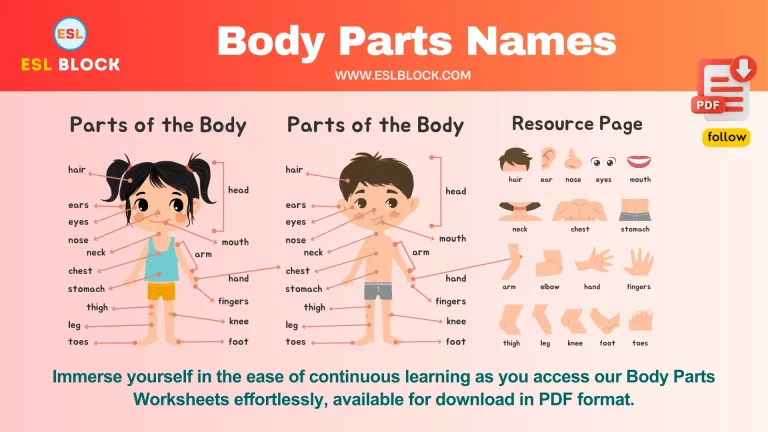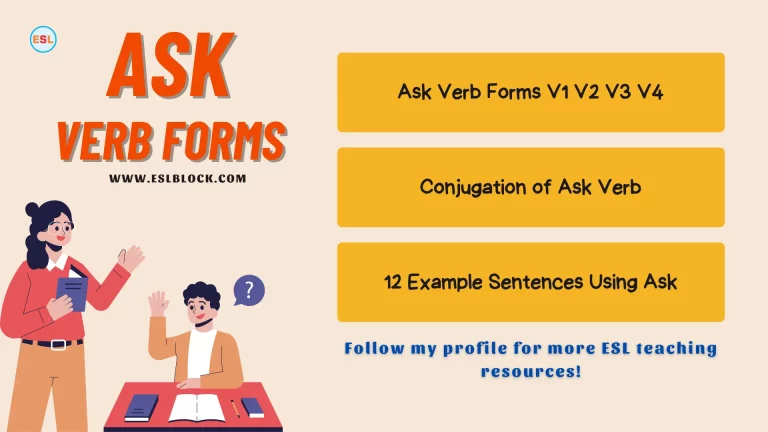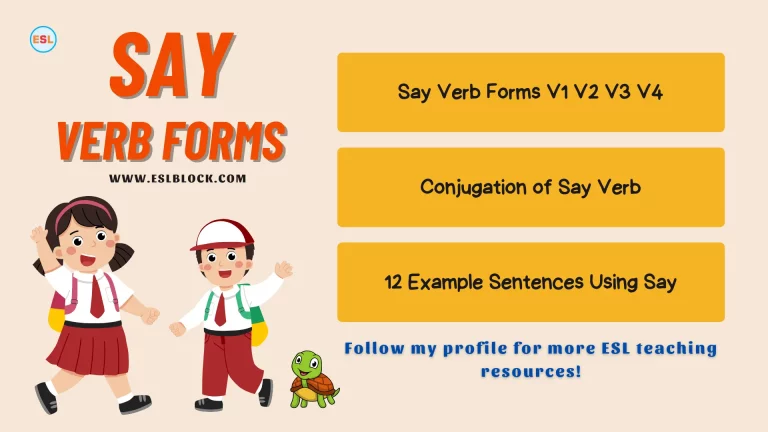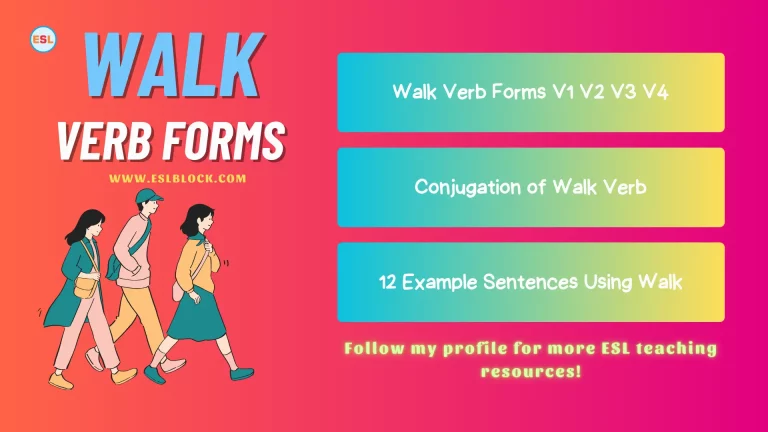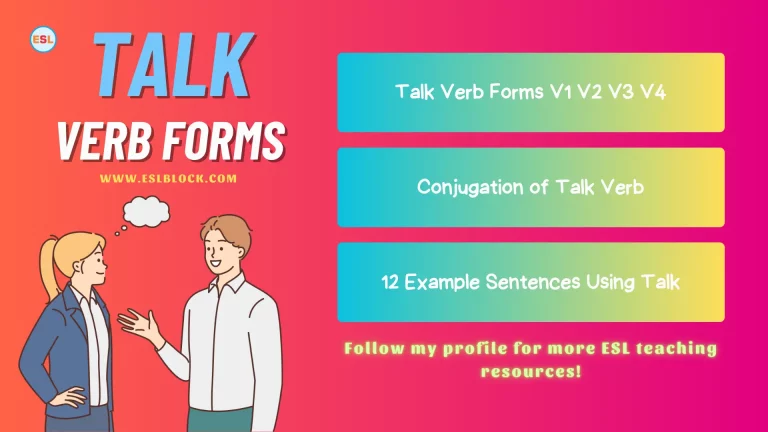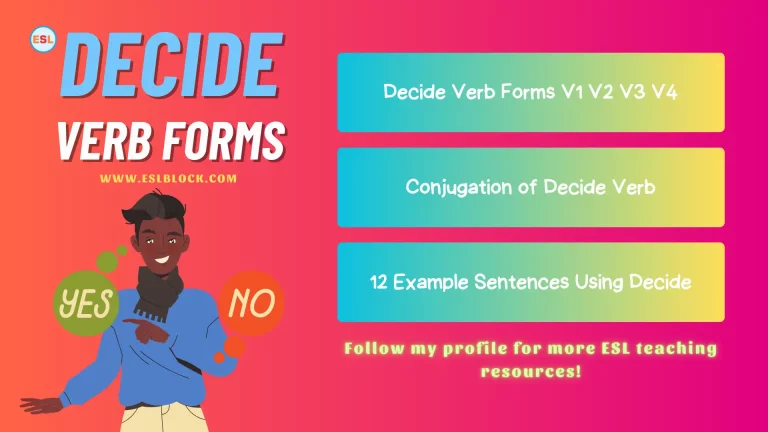Modal Verbs in English with Example Sentences

Let’s explore the world of modal verbs, those subtle yet powerful tools shaping English grammar! ? Positioned uniquely in the dynamic realm of parts of speech, modal verbs play an indispensable role in expressing attitudes and moods.
Today, we delve into the definition, meaning, and usage of modal verbs, unraveling their significance in the intricate structure of English grammar.
Modal verbs, often the unsung heroes of sentence construction, hold a distinctive position among parts of speech. ? These verbs convey nuances of necessity, possibility, permission, and obligation, providing shades of meaning beyond the straightforward action of a main verb.
Let’s delve into the intricacies of modal verbs, demystifying their essence and exploring their vital role in everyday language.
Also Check: Parts of Speech
What are Modal Verbs?
Modal verbs are a unique category of auxiliary verbs expressing a range of attitudes or moods, including necessity, possibility, permission, and obligation. Unlike regular verbs, modal verbs don’t undergo changes for tense or take an ‘-s’ for the third person singular.
For example, in the sentence “She can speak Spanish,” the modal verb “can” expresses the ability or possibility of speaking Spanish. This versatility allows modal verbs to add layers of meaning to sentences, guiding the reader or listener in understanding the speaker’s intention.
Examples of Modal Verbs
Explore the diverse functions of modal verbs through this list:
- Can
- Could
- May
- Might
- Shall
- Should
- Will
- Would
- Must
- Ought to
- Have to
- Has to
- Had to
- Need
- Dare
- Used to
- Would rather
- Be able to
- Be allowed to
- Be supposed to
Example Sentences using Modal Verbs
- Emma can speak three languages fluently.
- They could attend the meeting if Olivia rearranges their schedule.
- Maya, you may borrow my book if you promise to return it.
- It might rain later, so bring an umbrella.
- We shall meet at the cafe for lunch, Ethan.
- You should apologize for your mistake, Sophia.
- He will arrive at the airport by noon, and Liam will pick him up.
- If you practice regularly, Oliver, you would improve your skills.
- Ava, students must complete their assignments by the deadline.
- You ought to finish your homework before watching TV, Isabella.
- Employees have to attend the mandatory training session, according to the HR policy.
- Hasan, she has to submit the report by Friday.
- I had to leave the party early due to an emergency, Grace.
- Oscar, you need to submit the application form before the deadline.
- Dare you confront your fears and take a bold step, Lily?
- We used to go camping every summer when we were kids, Lucas.
- Wouldn’t Sophie rather travel by train than by bus?
- With hard work, Jackson, you can be able to achieve your goals.
- Aria, students are allowed to use a calculator during the exam.
- Alex, you are supposed to follow the rules of the institution.
Conclusion
In the mosaic of English grammar, modal verbs emerge as nuanced brushes, painting shades of meaning and intention onto the canvas of sentences. ? Their unique ability to convey attitudes, permissions, and obligations adds a layer of sophistication to language.
As we navigate the intricacies of communication, let’s appreciate the importance of modal verbs in expressing the subtleties that make language rich and dynamic. In the grand orchestra of parts of speech, modal verbs are the conductors, guiding the rhythm and tone of our expressions.

